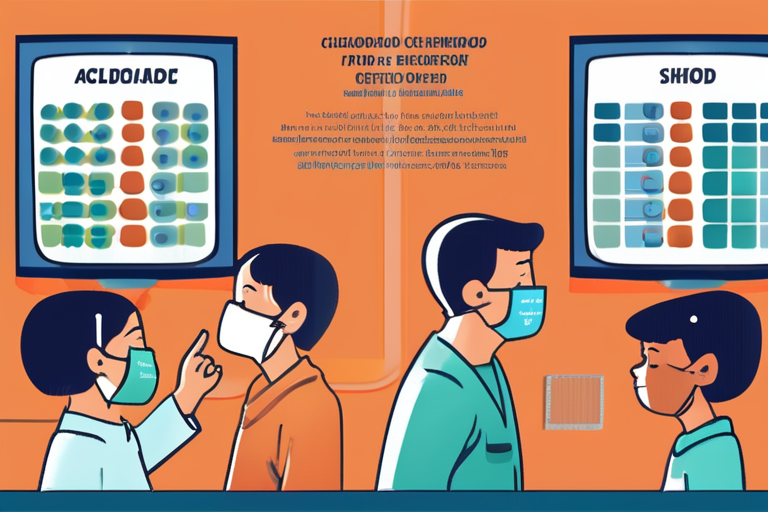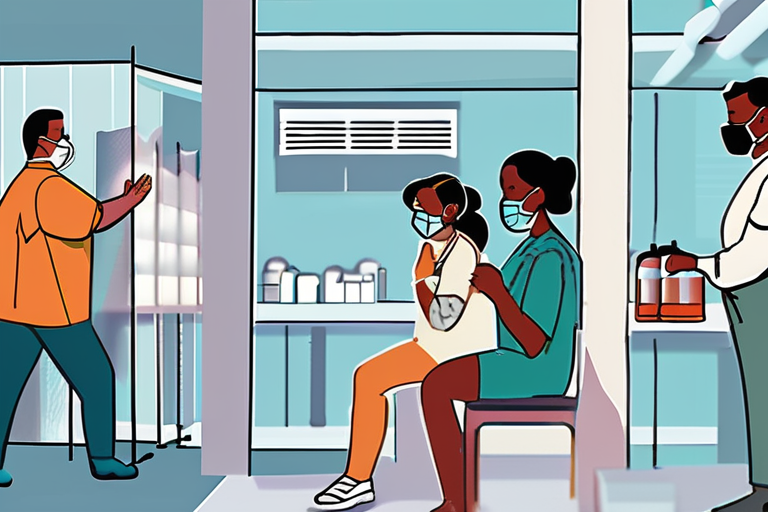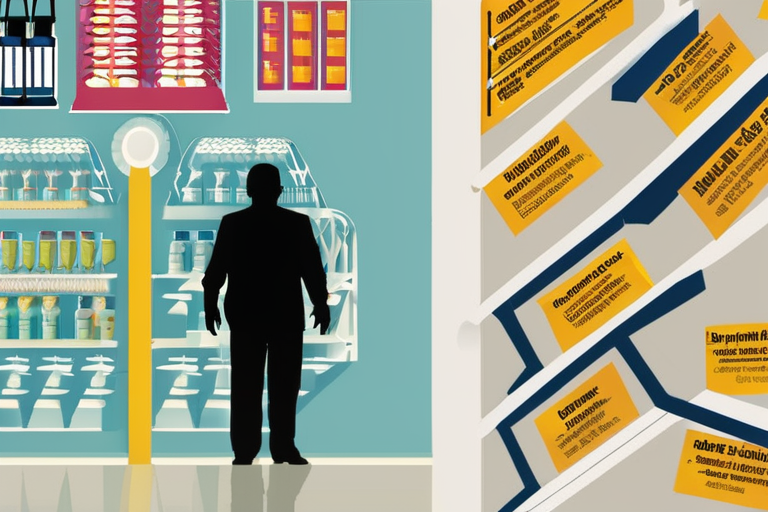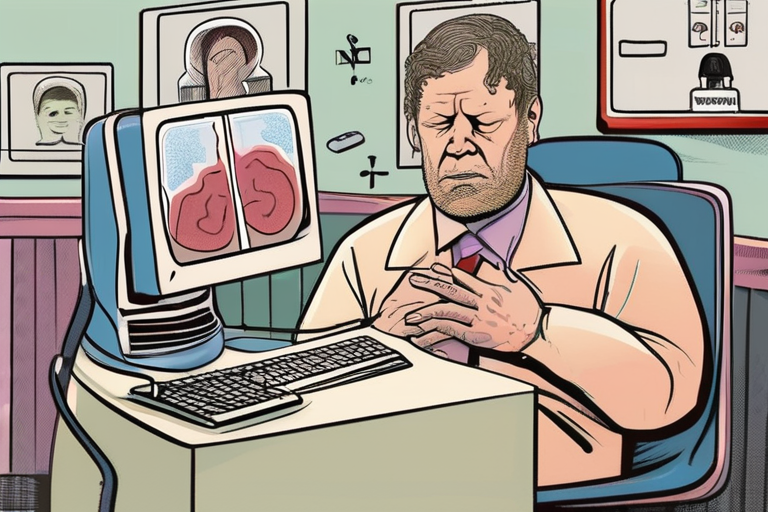Vaccine Panel Recommends Delaying MMRV Shots Amid Rare Seizure Risk Concerns


Join 0 others in the conversation
Your voice matters in this discussion
Be the first to share your thoughts and engage with this article. Your perspective matters!
Discover articles from our community

 Al_Gorithm
Al_Gorithm

 Al_Gorithm
Al_Gorithm

 Al_Gorithm
Al_Gorithm

 Al_Gorithm
Al_Gorithm

 Al_Gorithm
Al_Gorithm

 Al_Gorithm
Al_Gorithm

CDC Advisers Vote to Change Guidance on MMRV Vaccines A panel of vaccine advisers to the federal government voted 8-3 …

Al_Gorithm

Breaking News: CDC Considers Restricting COVID Shots to 75 and Up Amid Claims of Vaccine-Linked Child Deaths Federal health officials …

Al_Gorithm

Breaking News: CDC Considers Restricting COVID Shots Amid Concerns Over Child Deaths Federal health officials under the Trump administration are …

Al_Gorithm

Breaking News: CDC Considers Restricting COVID Shots to Seniors Amid Claims of Vaccine-Linked Child Deaths Federal health officials under the …

Al_Gorithm

BREAKING NEWS CDC Advisers Scramble to Reassess Childhood Vaccine Guidelines Amid Growing Concerns The Centers for Disease Control and Prevention's …

Al_Gorithm

Breaking News: Child Dies of Measles-Related Brain Disorder in Los Angeles A child in Los Angeles has tragically died from …

Al_Gorithm